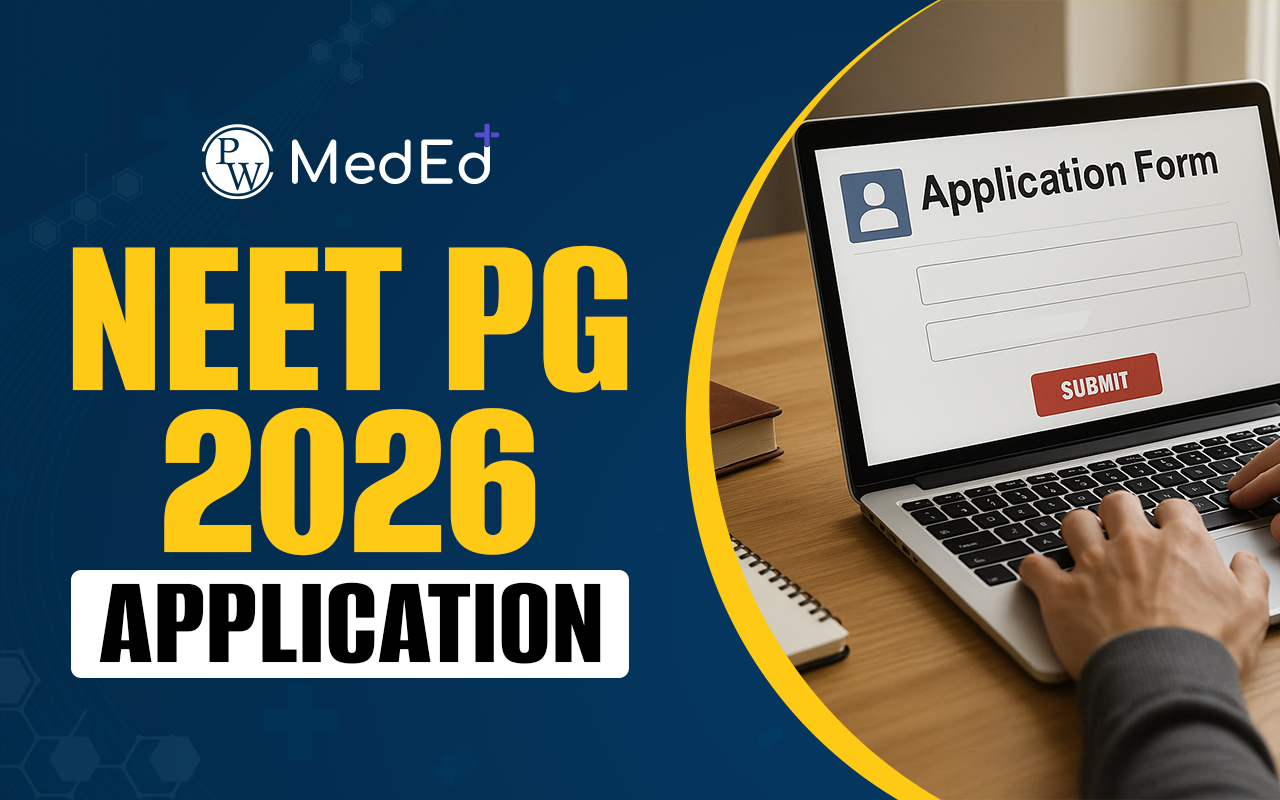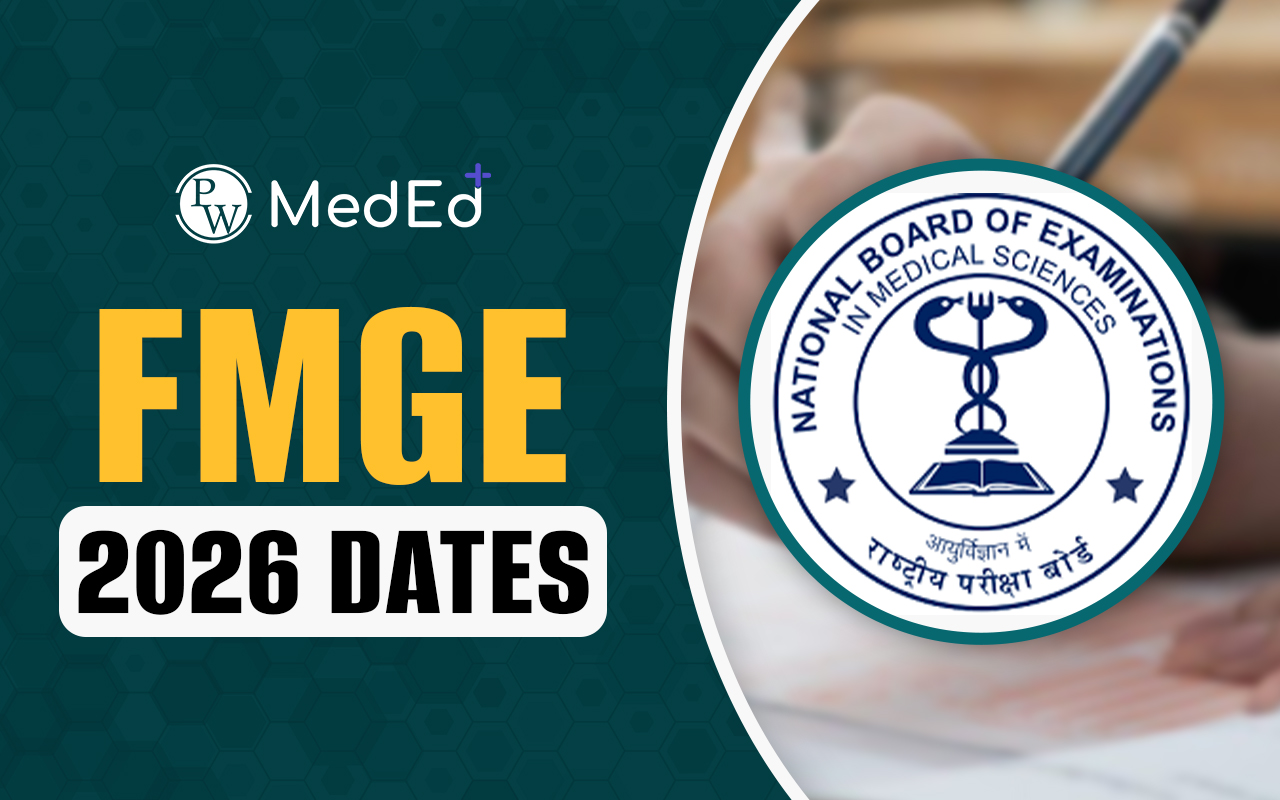
Prenatal Diagnosis: A Revolutionary Field of Science Saving and Preventing Disability in Millions of Children
In maternal-fetal medicine, early detection and management of various genetic, chromosomal, and structural abnormalities can prevent a lot of disabilities and significantly decrease maternal and child mortality. Prenatal diagnosis refers to the medical procedures and tests conducted during pregnancy to determine the health and condition of an unborn baby.Importance of Prenatal Diagnosis
Approximately 3% to 5% of pregnancies are complicated by birth defects or genetic disorders. Chromosomal abnormalities are present in approximately 1 in 150 live births, and congenital malformations remain the leading cause of infant death and a leading cause of childhood death. Early detection can provide parents with a choice to either terminate a pregnancy if it is identified at an early gestation age. Some birth defects, such as certain neural tube defects, may be eligible for treatment before birth, subsequently improving outcomes after birth.Types of Prenatal Diagnostic Tests
Prenatal diagnostic tests are broadly categorized into non-invasive and invasive procedures.Non-Invasive Procedures:
- Ultrasound
- Maternal Serum Screening
- Non-Invasive Prenatal Testing (NIPT)
Invasive Procedures:
- Chorionic Villus Sampling (CVS)
- Amniocentesis
- Fetal Blood Sampling
Screening Tests
Most prenatal testing consists of screening tests, which include serum screening, carrier screening, and ultrasound. The goal is to identify pregnancies at high risk of chromosomal abnormalities or birth defects.First Trimester Screen
The first trimester screen includes tests that combine serum screening and ultrasonographic examination of the nuchal translucency performed between 10 and 13 weeks. Nuchal translucency measures the clear (translucent) space at the back of the baby’s neck. A nuchal translucency greater than 3 mm is significantly associated with both chromosomal defects and structural malformations.Quadruple Marker Screen
The quad screen is the initial serum screening test that became available in the 1990s. It may be performed between 15 and 22 weeks gestation and involves serum measurement of proteins secreted by the pregnancy, including hCG, alpha-fetoprotein (AFP), inhibin A, and unconjugated estriol. It can be used to screen for open neural tube defects in addition to chromosomal defects.Amniocentesis
Performed between the 15th and 20th weeks of pregnancy, amniocentesis involves extracting a small amount of amniotic fluid from the uterus using a needle. The fluid, which contains fetal cells, is tested for chromosomal abnormalities, genetic disorders, and neural tube defects. Similar to CVS, amniocentesis carries a slight risk of miscarriage.Ethical Considerations
Prenatal diagnosis raises several ethical questions, particularly concerning the decisions parents may face following a diagnosis of a severe or untreatable condition. The possibility of selective termination, the psychological impact on parents, and issues of privacy and consent are critical factors that require careful consideration. Genetic counseling is often recommended to help parents understand the implications of test results and make informed choices.Conclusion
Prenatal diagnosis is a vital component of modern prenatal care, offering significant benefits in detecting and managing potential health issues in the fetus. As technology advances, the accuracy and safety of these tests continue to improve, providing invaluable information to expectant parents and healthcare providers. Balancing the medical benefits with ethical considerations ensures that prenatal diagnosis serves the best interests of both mother and child.Prenatal Diagnosis FAQs
What are the purposes of prenatal diagnosis?
The three most important purposes are
1) to enable timely medical or surgical treatment of a condition before or after birth,
(2) to give the parents the chance to abort a fetus with the diagnosed condition,
(3) to give parents the chance to prepare psychologically, socially, financially, and medically for a baby with a health problem or disability, or for the likelihood of a stillbirth
What screening test is used for Down syndrome in the second trimester ?
Quadruple Marker Screen conducted between 15 and 22 weeks of pregnancy, this blood test measures four substances: alpha-fetoprotein (AFP), hCG, estriol, and inhibin A. The results, combined with maternal age and other factors, provide an estimate of the risk of Down syndrome.
What screening test is used for neural tube defects?
Maternal Serum Alpha-Fetoprotein(MSAFP) test measures the level of alpha-fetoprotein (AFP) in the mother’s blood. AFP is a protein produced by the fetal liver, and high levels in the mother’s blood can indicate an open neural tube defect.
What four markers are measured in a quad screen?
The quad screen measures four substances: AFP, human chorionic gonadotropin (hCG), estriol, and inhibin A.
Talk to a counsellorHave doubts? Our support team will be happy to assist you!

Check out these Related Articles
Free Learning Resources
PW Books
Notes (Class 10-12)
PW Study Materials
Notes (Class 6-9)
Ncert Solutions
Govt Exams
Class 6th to 12th Online Courses
Govt Job Exams Courses
UPSC Coaching
Defence Exam Coaching
Gate Exam Coaching
Other Exams
Know about Physics Wallah
Physics Wallah is an Indian edtech platform that provides accessible & comprehensive learning experiences to students from Class 6th to postgraduate level. We also provide extensive NCERT solutions, sample paper, NEET, JEE Mains, BITSAT previous year papers & more such resources to students. Physics Wallah also caters to over 3.5 million registered students and over 78 lakh+ Youtube subscribers with 4.8 rating on its app.
We Stand Out because
We provide students with intensive courses with India’s qualified & experienced faculties & mentors. PW strives to make the learning experience comprehensive and accessible for students of all sections of society. We believe in empowering every single student who couldn't dream of a good career in engineering and medical field earlier.
Our Key Focus Areas
Physics Wallah's main focus is to make the learning experience as economical as possible for all students. With our affordable courses like Lakshya, Udaan and Arjuna and many others, we have been able to provide a platform for lakhs of aspirants. From providing Chemistry, Maths, Physics formula to giving e-books of eminent authors like RD Sharma, RS Aggarwal and Lakhmir Singh, PW focuses on every single student's need for preparation.
What Makes Us Different
Physics Wallah strives to develop a comprehensive pedagogical structure for students, where they get a state-of-the-art learning experience with study material and resources. Apart from catering students preparing for JEE Mains and NEET, PW also provides study material for each state board like Uttar Pradesh, Bihar, and others
Copyright © 2026 Physicswallah Limited All rights reserved.









